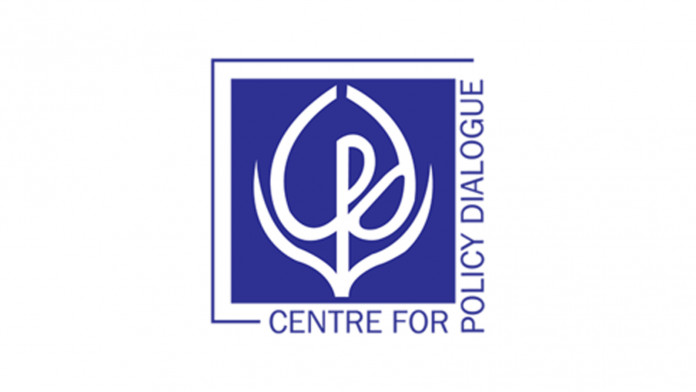News Flash
News Flash

DHAKA, Feb 25, 2025 (BSS) - Experts at a conference today urged the government to revitalise the rural economy to reduce income disparity.
They observed that while industrialisation, infrastructure investment, and foreign direct investment (FDI) have primarily benefited urban areas, 85 percent of the workforce remains in low-wage, unprotected jobs.
They made the observation at a session of the conference titled
"Social Inequality and Poverty Alleviation" at the BRAC Centre Inn Auditorium in the city.
Centre for Policy Dialogue (CPD) organised the two-day conference on "Recommendations by the Task Force on Re-Strategizing the Economy".
Adviser of the Ministry of Social Welfare and Ministry of Women and
Children Affairs Sharmeen Soneya Murshid attended the session as the chief guest while Executive Director of the BRAC Institute of Governance and Development (BIGD) Dr Imran Matin, General Secretary of the Bangladesh Mahila Parishad Dr Maleka Banu, Executive Director of the Bangladesh Legal Aid and Service Trust (BLAST) Barrister Sara Hossain, Professor and Researcher of the Independent University Bangladesh Dr Kazi Mahmudur Rahman and Member of the Commission of the Legal Rights and President of the Bangladesh Garments Sramik Sanghati Taslima Akter Lima ware distinguished discussants.
Members of the Task Force on Re-Strategising the Economy Dr Mohammad A
Razzaque and Dr Rumana Haque delivered the keynote presentations.
Member of the Task Force on Re-Strategising the Economy Dr Syed Akhtar
Mahmood moderated the session.
In her speech, Sharmeen S Murshid acknowledged the challenges in poverty alleviation and advocated for a cluster-based approach.
She stressed the need for a structured framework to monitor government programmes, adding that a lack of transparency remains a major issue.
"The financial support provided so far has been insignificant - it is not enough for poverty alleviation. Should we now increase the Tk 700 allowance to Tk 1,500, or should we expand policy coverage? We are working towards empowering people," she stated.
She also mentioned plans to provide seed money and training for youth while restructuring the social protection sector.
Dr MA Razzaque, also chairman of Research and Policy Integration for
Development (RAPID), remarked that the previous government had exaggerated the scope of social protection programmes.
He pointed out that social protection initiatives often fail to reach the real poor.
"In FY25, social protection spending is estimated at 2.5percent of GDP and 17 percent of the budget. However, when excluding irrelevant programmes, it drops to 1.2 percent of GDP and just 7 percent of the budget," he added.
Dr Rumana Haque said that poor-quality education in rural areas limits upward mobility, while VAT disproportionately burdens lower-income groups.
To address income inequality, she called for progressive taxation on wealth and inheritance, along with stricter compliance measures to prevent tax evasion and reduce wealth concentration.
She also emphasised the importance of expanding access to quality education, vocational training, and financial inclusion to support small and medium enterprises (SMEs), particularly for disadvantaged groups.